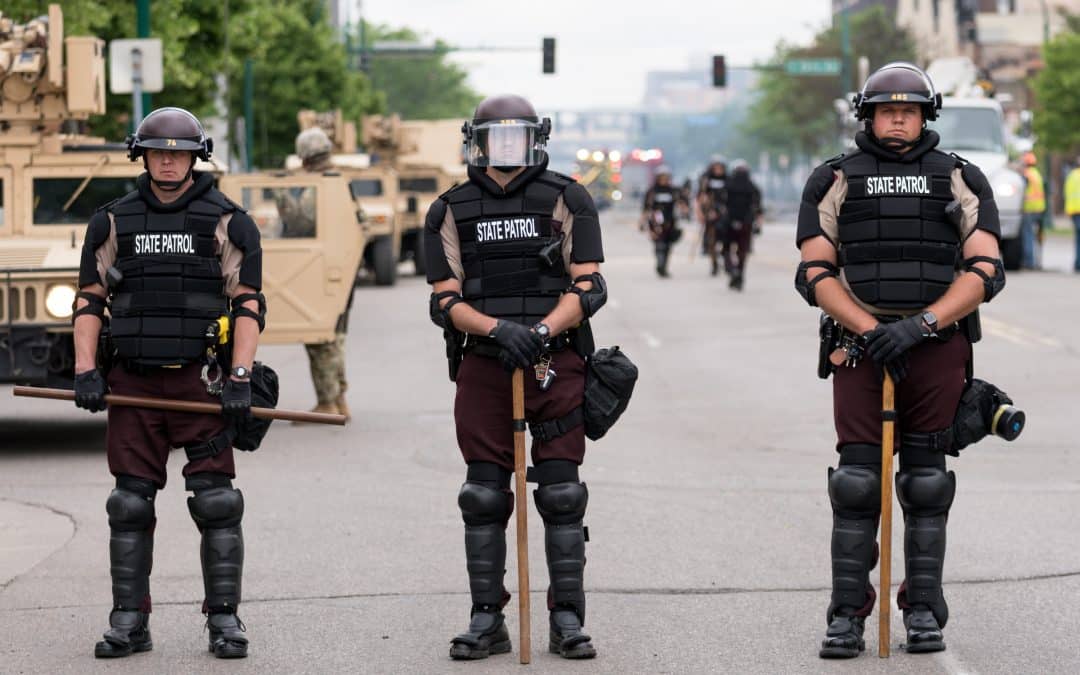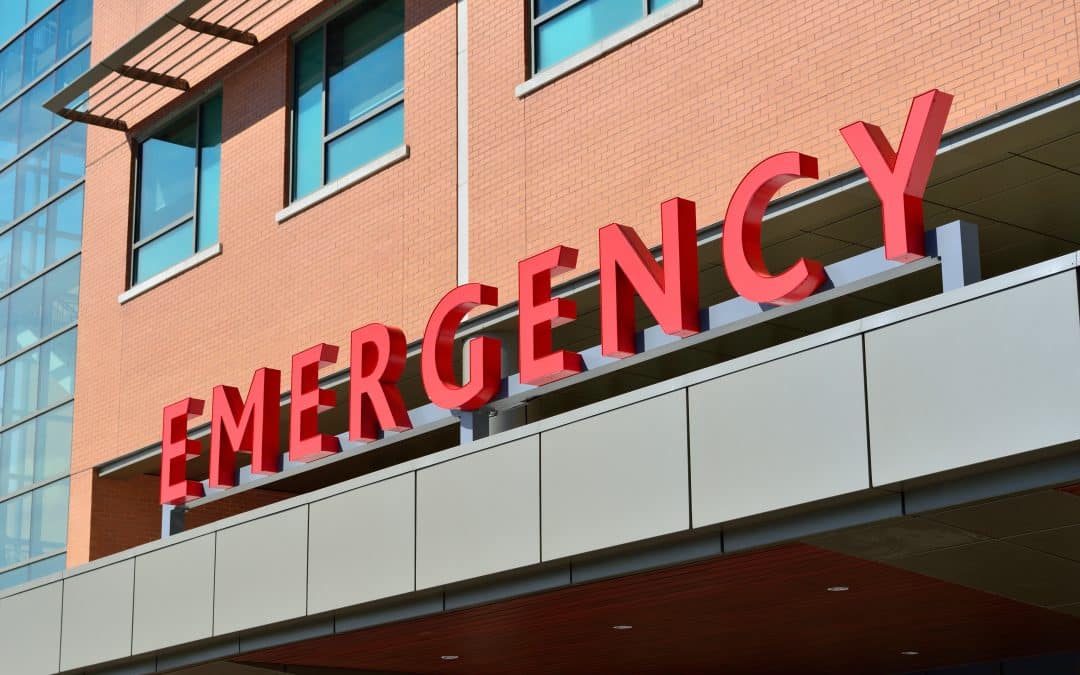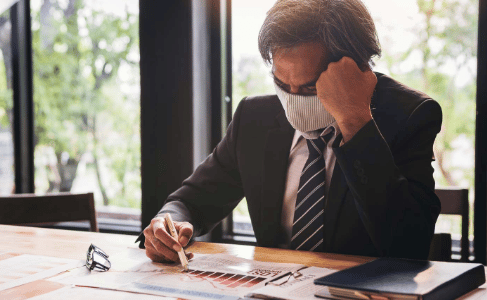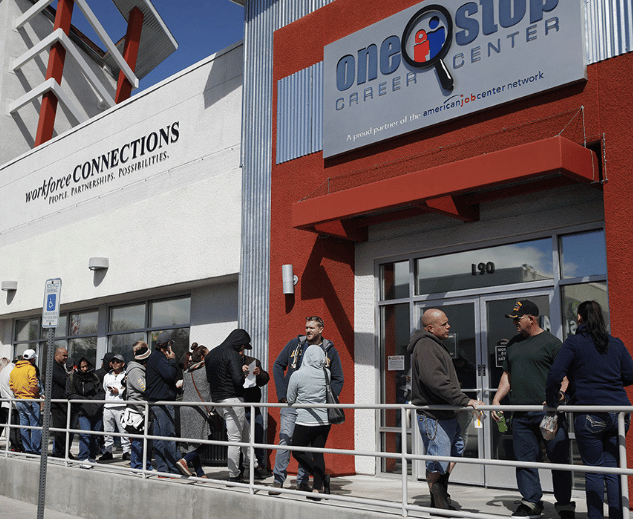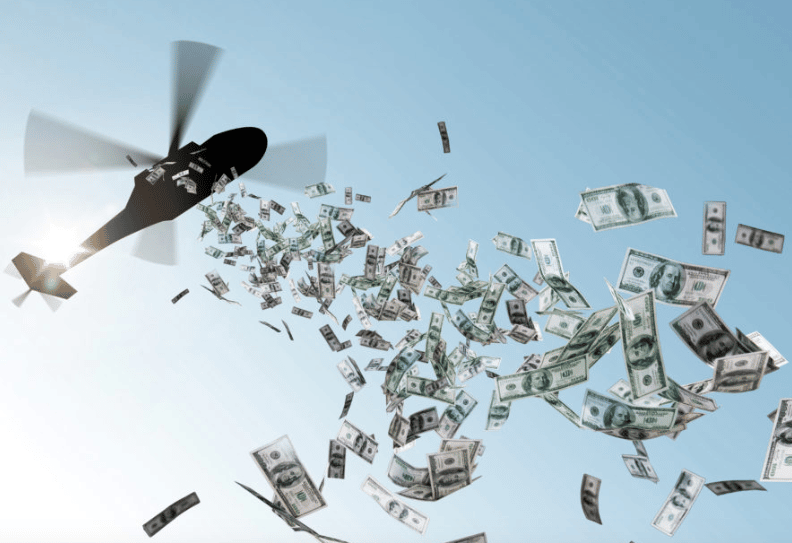Murray Rothbard pointed out in his book Anatomy of the State how the state is far more punitive against those that threaten the comfort and authority of government institutions and workers than they are against crimes against citizens. This, according to Rothbard, exposed as a myth the notion that the state exists to protect its citizens. “We may test the hypothesis that the State is largely interested in protecting itself rather than its subjects by asking: which category of crimes does the State pursue and punish most intensely—those against private citizens or those against itself?”...
